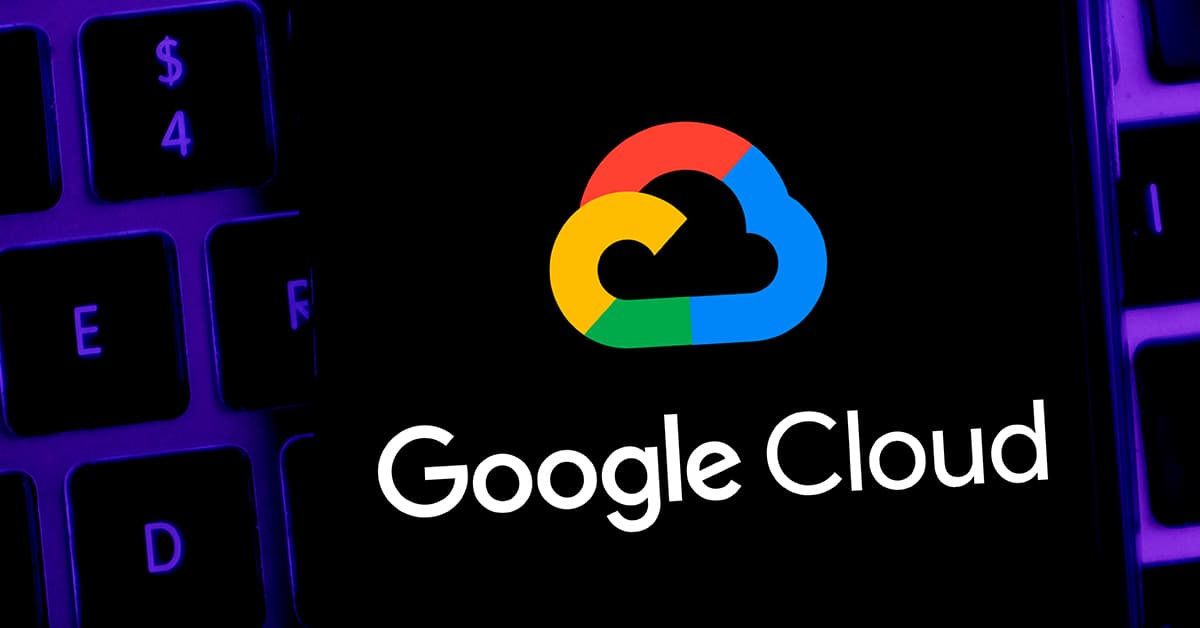Mizuho and Google will collaborate not only on new products but also on upgrading the bank's dated legacy systems.

On March 23, Mizuho Financial Group and Google Cloud announced a strategic collaboration agreement to accelerate the Japanese bank’s digital transformation and retail innovation strategy.
“The global spread of Covid-19 along with megatrends such as digitalization, the aging population, and globalization have led to significant changes in our lifestyles and economies,” said Masahiro Kihara, Mizuho’s president and CEO, in a prepared statement.
Under the terms of the agreement, the collaboration will focus on four areas. First, Mizuho will deploy Google’s cloud-based, artificial intelligence–driven analytics platform to gauge customer preferences, anticipate their future needs and create personalized services. Second, the bank will launch an advanced financial platform based on banking-as-a-service (BaaS) technology, allowing new digital services and products to be released at scale on the cloud. Next, Mizuho will tap Google Cloud’s security engineering expertise and development processes to modernize the bank’s security systems, enhance agility and ensure customer trust. Lastly, the collaboration will seek to transform Mizuho’s corporate culture by adopting Google Cloud’s product development and problem-solving approach.
Mizuho’s collaboration with Google comes at a crucial time. After all, the bank suffered from a string of deep, self-inflicted wounds, including embarrassing systems failures due to its aging infrastructure and below-par corporate culture.
These failings had led to a rebuke by the country’s financial regulator, high-profile executive resignations and incalculable damage to the bank’s reputation.
It isn’t clear if Mizuho and Google’s collaboration will be successful. What is clear is that partnerships by nonbank tech companies like Google and legacy players will continue, and likely expand.
Back in 2019, for instance, Google Pay, a digital wallet service, began offering checking accounts in collaboration with legacy banks. Likewise, other fintech payment platforms, such as Apple Pay and WePay, have entered ever-greater integration with the banking system. And 11 years earlier, PayPal was granted its first license to operate banking services which, subsequently, have covered debit and credit cards, prepaid cards and limited lines of credit.



